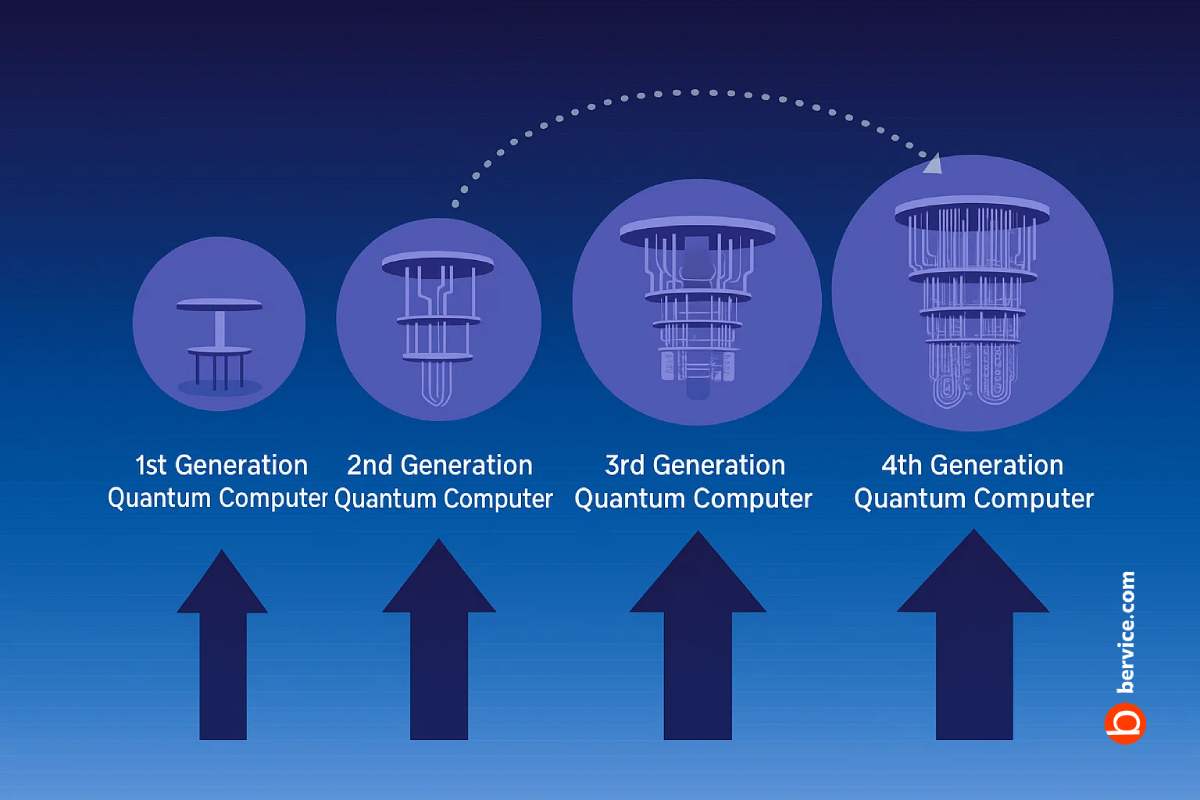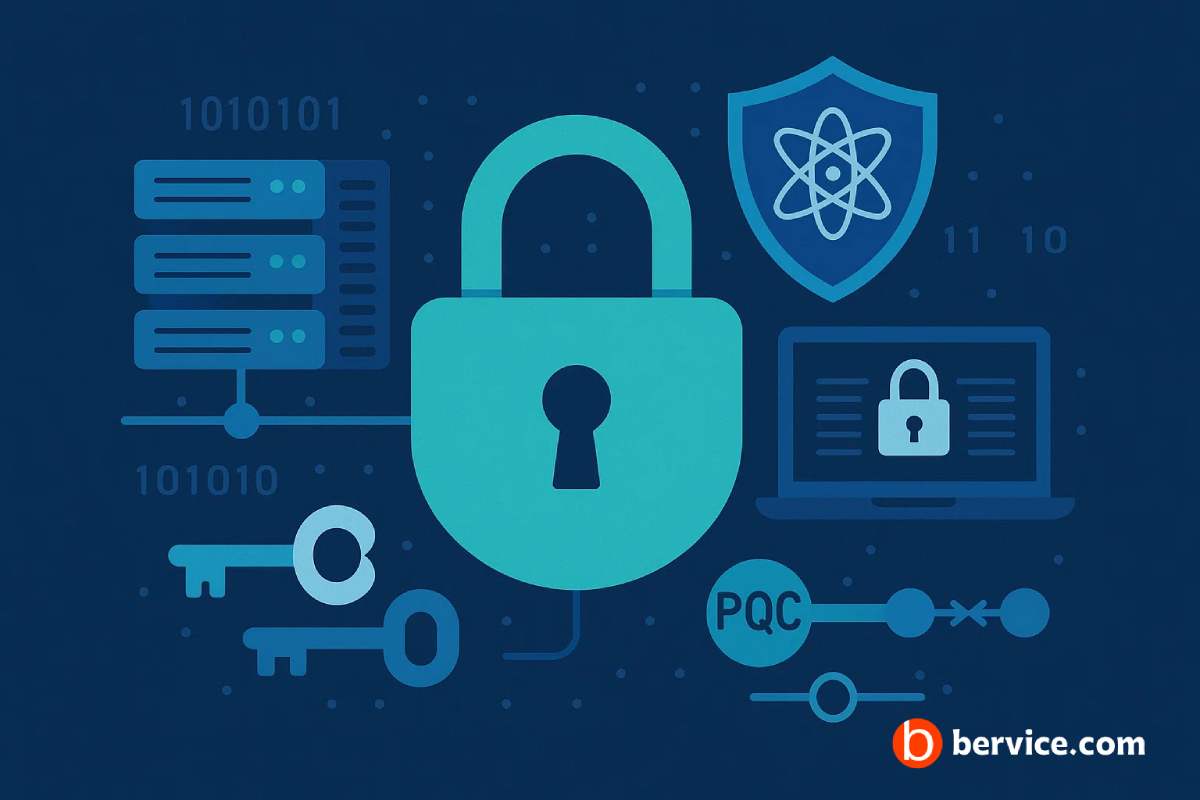
In the ever-evolving world of technology, the convergence of quantum computing and blockchain is garnering significant attention, especially regarding the future of information security. Both of these innovations have the potential to revolutionize how we protect sensitive data, but their relationship is complex, and their combined effect could either pose new challenges or offer extraordinary breakthroughs.
The Impact of Quantum Computing on Information Security
Quantum computing is often heralded as a game-changer for a variety of fields, from drug discovery to artificial intelligence. However, its implications for information security are particularly profound. At the core of quantum computing’s potential is its ability to solve problems that classical computers would take centuries to crack, such as factoring large numbers or solving complex algorithms.
For current cryptographic systems, such as RSA and ECC (Elliptic Curve Cryptography), the security relies heavily on the difficulty of factoring large numbers or solving discrete logarithms. Classical computers struggle with these tasks, making these cryptographic algorithms secure. However, quantum computers can perform these tasks efficiently using Shor’s algorithm, which could potentially break traditional encryption methods that rely on these mathematical problems.
This poses a serious threat to the security of systems that rely on traditional cryptography, including financial institutions, government agencies, and even blockchain networks. As a result, there’s a growing need to transition to quantum-resistant cryptographic algorithms, often referred to as post-quantum cryptography (PQC).
Blockchain and Its Role in Information Security
Blockchain technology, first popularized by cryptocurrencies like Bitcoin and Ethereum, offers a decentralized, immutable ledger that provides a high level of security through consensus mechanisms and cryptographic hash functions. Blockchain’s transparency, coupled with its resistance to tampering and censorship, makes it an ideal tool for ensuring the integrity of data across various applications, from finance to supply chain management.
However, despite blockchain’s robust security features, it isn’t immune to quantum attacks. The cryptographic signatures used in blockchain, like the ECDSA (Elliptic Curve Digital Signature Algorithm) and RSA, are vulnerable to quantum computing. Once quantum computers become powerful enough, they could easily break these digital signatures, thus compromising the integrity and security of blockchain transactions.
The Intersection of Quantum Computing and Blockchain
While quantum computing poses a threat to existing cryptographic systems, including those that secure blockchain transactions, there is a silver lining. Blockchain technology, with its decentralized nature, could be adapted to use quantum-resistant algorithms, providing a pathway for the continued security of blockchain networks in a quantum future.
Researchers are already working on quantum-safe algorithms, such as lattice-based cryptography, hash-based signatures, and multivariate polynomial-based encryption, to make blockchain more resistant to quantum threats. By incorporating these advanced cryptographic methods, blockchain could become even more secure, not just against quantum computers but also against traditional cyber-attacks.
Furthermore, the decentralized and transparent nature of blockchain means that quantum-enhanced systems can be deployed globally in a collaborative manner. Quantum key distribution (QKD), a technique that allows two parties to securely exchange encryption keys using quantum mechanics, could potentially be integrated into blockchain networks, providing an additional layer of security against quantum threats.
A Quantum-Secure Future
The future of information security is undoubtedly tied to both quantum computing and blockchain. While the emergence of quantum computers could initially jeopardize existing security protocols, the development of quantum-resistant cryptographic techniques and the integration of quantum technology into blockchain systems offer promising solutions.
Ultimately, the combination of quantum computing’s processing power and blockchain’s decentralized structure could create an entirely new paradigm in which security is not just resistant to quantum attacks but is also more transparent and tamper-proof than ever before. The ongoing efforts to create quantum-resistant algorithms for blockchain are vital in preparing for a quantum-enabled future.
Conclusion
The marriage of quantum computing and blockchain technology holds immense promise for the future of information security. While quantum computers may challenge traditional encryption methods, blockchain’s adaptability and the development of quantum-resistant cryptography offer a pathway toward a secure, decentralized, and quantum-resilient future. As we continue to push the boundaries of both fields, the security of our digital infrastructure will evolve to meet the challenges and opportunities presented by quantum advancements.
Connect with us : https://linktr.ee/bervice





